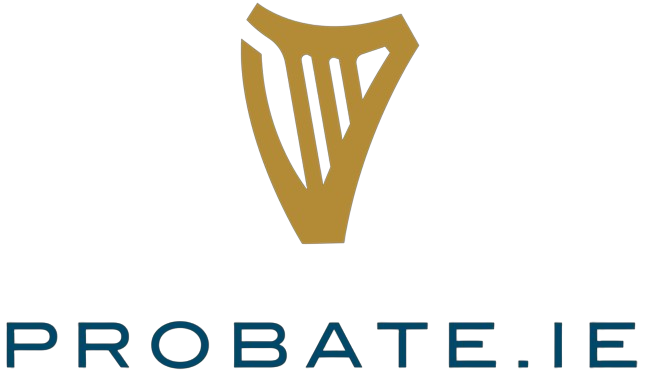General Probate Information
Below we have set out some general information about probate and the process of extracting a Grant of Probate/ Grant of Administration. We have also prepared a Legal Personal Representative Checklist along with FAQ: we hope these will be of assistance to you.
What is Probate?+
When a deceased has made a Will, the process which allows the assets to be distributed is called Probate. The representative(s) of the deceased is known as the Executor(s).
If there was no Will then the process is called Administration.
What is administration?+
When a deceased has not made a Will, the process which allows the assets to be distributed is called Administration. The representative(s) of the deceased is known as the Administrator(s).
If there was a Will, then the process is called Probate.
Grant of Probate/ Grant of Administration+
The Grant of Probate or Grant of Administration is the document which allows the assets of the deceased be gathered and distributed. A Grant of Probate is used when the deceased has made a Will.
If the deceased did not have a Will then the grant will be a Grant of Administration. In this case the legal personal representative will be called an ‘Administrator’. This Administrator will be one of the people who are entitled to inherit from the deceased as provided by the law.
Beneficiaries+
The persons entitled to inherit under the Will or Intestacy are known as beneficiaries and their details, including PPS numbers and previous inheritances, must be included in the Inland Revenue Affidavit. In addition, Capital Acquisitions Tax (inheritance tax) returns must also be made on behalf of each beneficiary who inherits a certain value of inheritance. It is vital that these tax returns are filed and any tax paid on time to avoid penalties and interest. In addition, the Executor or Administrator may be liable for such tax if the beneficiary defaults and thus the Executor or Administrator must ensure that the tax situation is reviewed fully.
Time Scales+
In general, we find that most of our Grants are obtained (approximately) within a 4-6 month period from receipt of all relevant information.
Once the Grant of Probate/Administration is issued from the Probate Office, it is sent to the various financial institutions and the assets of the Estate are collected. These assets are then distributed.
In the event of any queries arising in relation to the Will or the Will being contested, the process can take longer. In all cases we will advise of the likely timeframe in light of the facts of individual case.
If the Probate office requires clarification of any issue in a Will, it may be necessary to trace witnesses and have them assist your solicitor in answering these queries. Fortunately, cases such as these are the exception rather than the rule and most Probates are concluded within a six month period from your solicitor receiving all relevant information.
An Executor/Administrator has 12 months from the date of death to deal with the Estate uninterrupted. After that time frame, the beneficiaries will be entitled to query delays and may apply to carry out the administration themselves if they feel that the existing Executor/Administrator is not performing adequately.
Rules of Intestacy+
The Rules of Intestacy basically provide the order in which family members are entitled to inherit where there is no Will. The order is as follows:
11. Spouse and Children/Civil Partner & Children
12. Grandchildren
13. Great-Grandchildren
14. Great-Great Grandchildren
15. Parents
16. Brothers and Sisters
17. Nieces and Nephews
18. Grandparents
19. Uncles and Aunts
10. Great-Grandparents
11. First Cousins/Great Uncles & Aunts / Great Nephews and Nieces
12. Great-great Grandparents
Summary+
- Consider whether a Grant will be required. The determining factor is the value of the assets that must be dealt with. If there is a very small value or all assets were held in joint names, then it may be possible to deal without a Grant.
- Regardless of the type of Grant required the process is essentially one of: –
……….1. Establishing what assets the deceased owned at the date of death (i.e. valuing the Estate),
……….2. Applying for the relevant Grant which will allow the legal personal representative deal with the assets, gathering in the assets and then, distributing them among those entitled under the Will or Rules of Intestacy.




